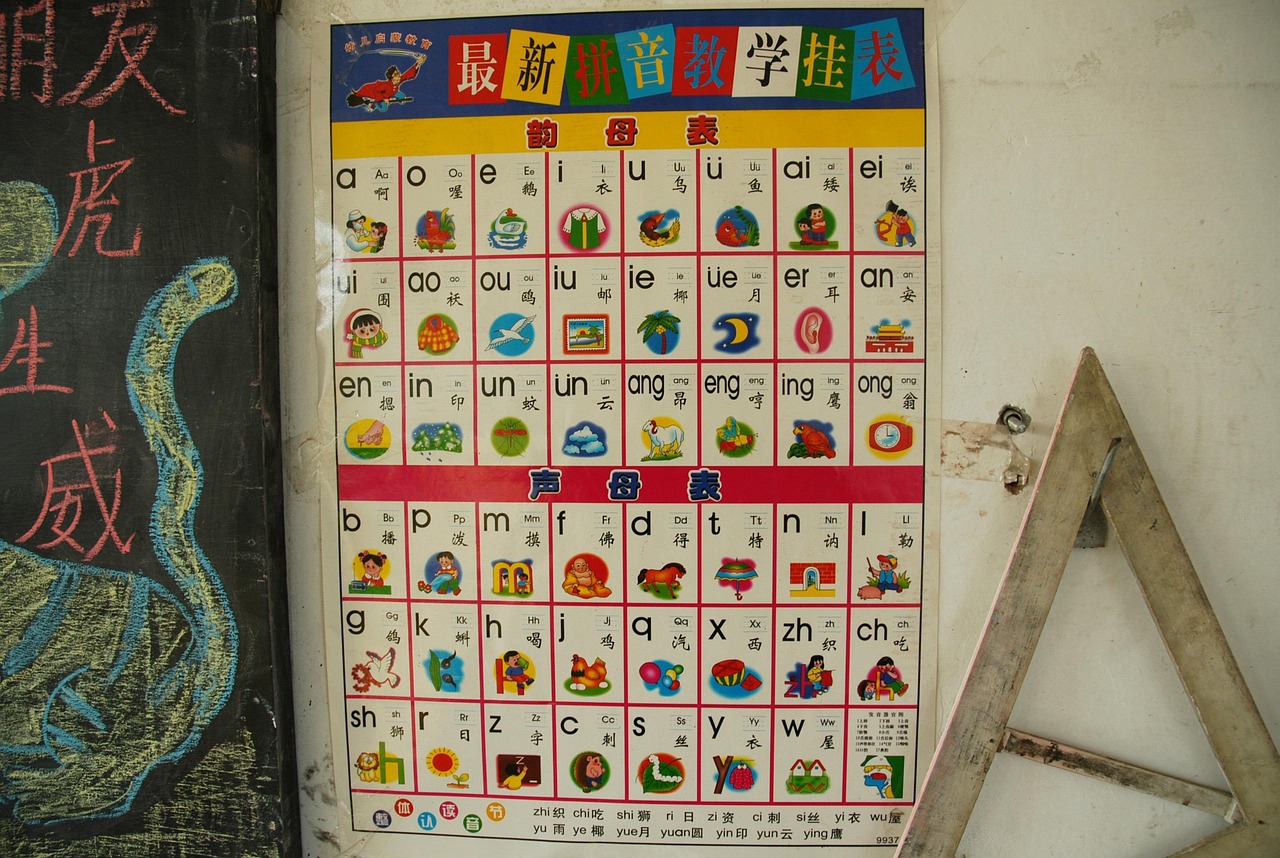Context and Issue
Education plays a pivotal role in shaping the future of individuals and societies. However, in many parts of the world, linguistic barriers hinder access to quality education and impede effective learning outcomes. Children from diverse linguistic backgrounds often face challenges comprehending and engaging with educational content delivered solely in an unfamiliar language. This challenge is particularly prevalent in multilingual communities, where the language of instruction may differ from the mother tongues spoken at home or in local communities.
Solution
Recognizing the importance of multilingualism in education, the ELAN-Africa Initiative aims to improve the quality and efficiency of primary education in French-speaking sub-Saharan Africa. This initiative advocates for deploying multilingual education approaches, where children are taught in several languages, including their mother tongues.
By embracing multilingualism, the ELAN-Africa Initiative seeks to create an inclusive and effective learning environment that respects and values linguistic diversity. Through this approach, children can learn in languages they understand best, facilitating better comprehension, engagement, and knowledge retention. Additionally, multilingual education promotes cultural preservation and fosters a deeper appreciation for diverse linguistic and cultural backgrounds. The governments support these initiatives; for instance, in the case of Niger, legislation was passed adopting the document on policy framework for the curriculum (2006 and 2012) that promoted multi-bilingualism.
Impact
Multilingual education contributes to preserving and promoting linguistic and cultural diversity. By valuing and incorporating various languages into the education system, this initiative helps to safeguard linguistic heritage and promotes cultural understanding and respect among diverse communities. However, in the case of ELAN intervention, there is not enough information regarding the studies that could illustrate the program's impact.












